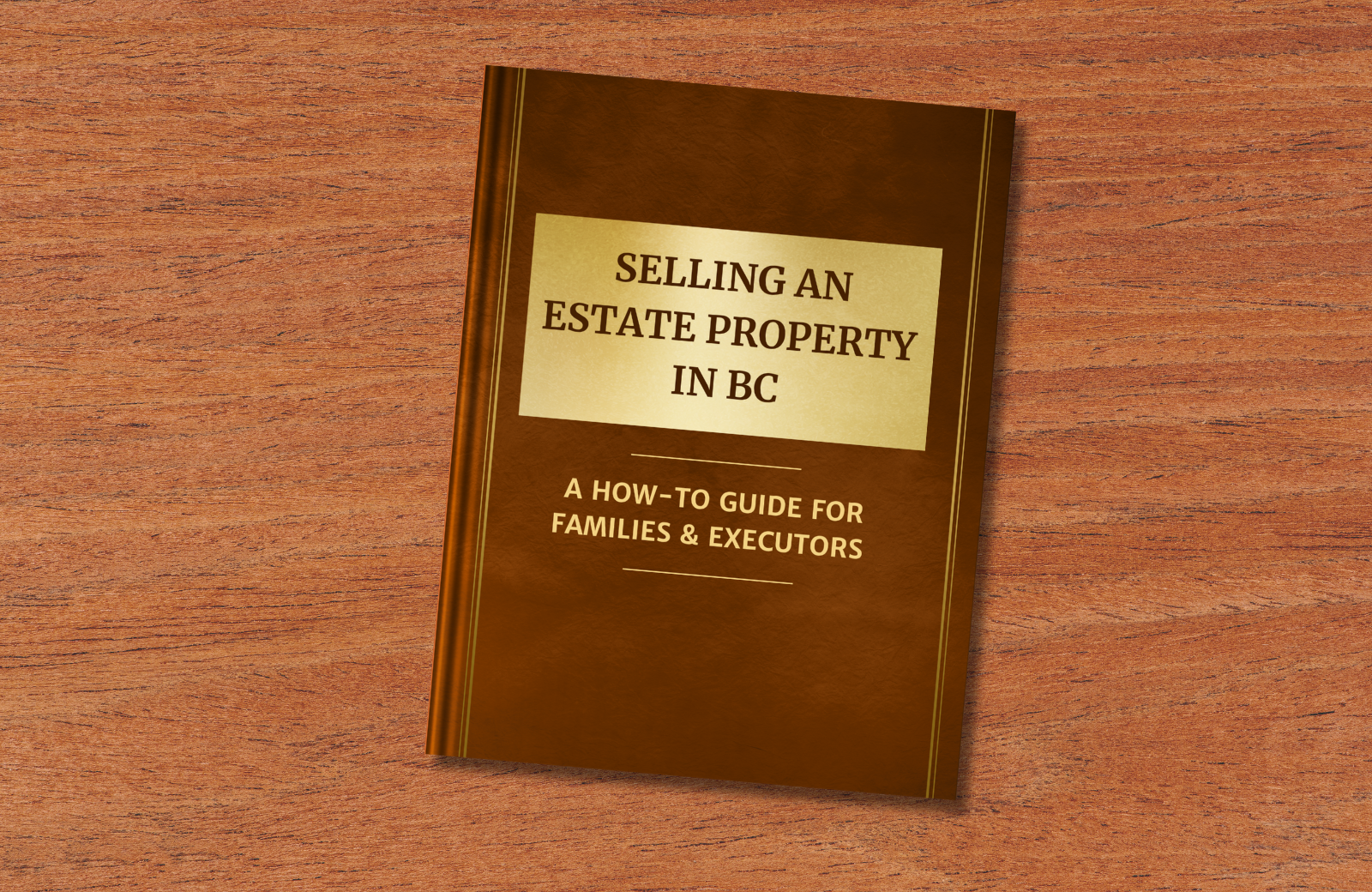As a North Shore real estate specialist, I’ve been getting a lot of questions from senior homeowners lately—especially about the new 2025 utility billing changes in the District of North Vancouver. One of the biggest concerns? Whether seniors can still defer their property taxes the way they’ve done in the past.
Here’s what we’re going to talk about:
We’ll break down exactly what’s changed with utility billing, how it affects seniors who rely on the BC Property Tax Deferment Program, and what you need to plan for in 2025 and beyond.
Here’s why it’s important:
In previous years, everything was rolled into one bill due in July. Now, utilities are billed separately—and that utility portion cannot be deferred, even if you're eligible to defer your property taxes.
Here’s why it’s important to you:
If you're a senior living on a fixed income—or helping aging parents manage their finances—this change could affect your cash flow, budget, or even your decision to downsize.
Disclaimer: This is for informational purposes only and should not be considered real estate advice. Always verify information independently and consult with a qualified professional before making any real estate decisions. confirm info with The District of North Vancouver.
What Changed in 2025 for North Vancouver Utility Billing?
Up until 2025, the District of North Vancouver included utilities (water, sewer, garbage, environmental fees) in the property tax bill, due July 2.
Now, things have changed:
Utilities are billed separately
The new due date is March 31 every year
In 2025 only, you can pay by May 30 without penalty (a one-time grace period)
This means homeowners now need to budget for two separate bills: one in the spring for utilities, and one in the summer for property taxes.
Can Seniors Still Defer Property Taxes?
Yes—but only the property tax portion. Under the BC Property Tax Deferment Program, qualifying seniors can continue to defer their main property tax bill (the portion due in July).
But here’s the catch:
🔺 The new utility bill in March cannot be deferred.
So if you’re used to deferring everything in one lump sum, 2025 introduces a new cash expense you’ll need to pay out of pocket.

How Much Is the Utility Bill for Seniors?
For homes in the District of North Vancouver, utility bills in 2025 may represent approximately 20% to 40% of what your typical property tax bill was in previous years. This represents thousands of dollars that all property owners in the DNV must pay every spring. Check with the District of North Vancouver for your exact amount.
This utility bill is due by March 31 (or May 30 in 2025). And remember—this payment is not optional, even if you're enrolled in the property tax deferment program.
If You’re a Senior Considering Downsizing…
This new billing change is prompting some seniors to reassess their current home—and for many, even if downsizing was never on the table before, the added expense may now make it a necessary consideration.
Downsizing could help reduce or eliminate ongoing utility costs
Some condo stratas absorb utilities into monthly fees, eliminating the new utility bill
Smaller homes or strata units may be easier to manage—and offer better predictability for fixed incomes
If you’re already wondering whether it’s time to make a move, this new billing system could be the nudge you need.
👉 Click here to discuss downsizing with a local expert who is knowledgable North Vancouver and West Vancouver downsizing.
What About Seniors Living in Condos?
If you're a condo owner in the District of North Vancouver, whether or not you receive a separate utility bill depends on how your strata is set up.
🏢 If your strata has non-metered utilities:
You will receive a separate utility bill from the District
The same deferment rules apply—you cannot defer the utility portion
💧 If your strata has metered utilities:
Utilities are included in your monthly strata fees
You won’t receive a separate utility bill
This is something to seriously consider when comparing condos in North Vancouver—strata setup can impact your monthly expenses and budgeting flexibility.
What If the Property Tax Is Paid Through a Mortgage?
If your mortgage lender collects property tax payments with your monthly mortgage, be aware:
These payments only apply to the property tax portion, not the utility bill.
You still might receive a separate utility bill and must pay it directly.
It’s best to contact your lender to ask how they plan to manage the tax portion and whether any credit adjustments will apply.
Final Thoughts
The District of North Vancouver’s utility billing changes in 2025 are more than just administrative—they could impact real-life budgets, especially for seniors who rely on tax deferral.
If you're unsure how these changes affect you, or you're thinking of downsizing to simplify your expenses, I’m happy to walk you through your options.
👉 Click the button below to connect with Davis about real estate.






